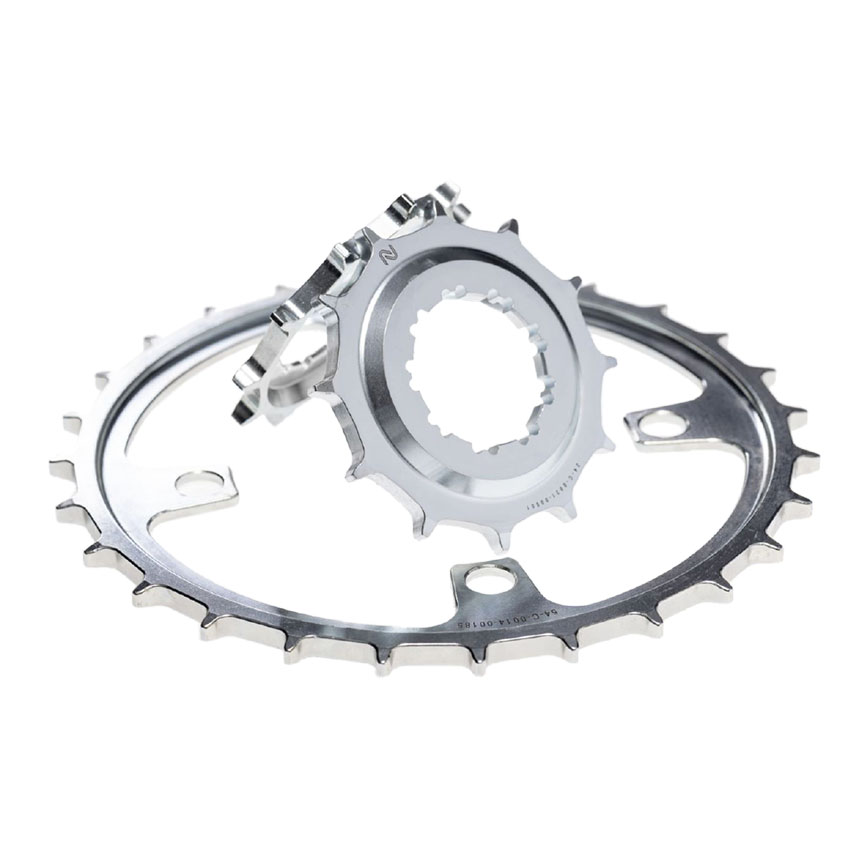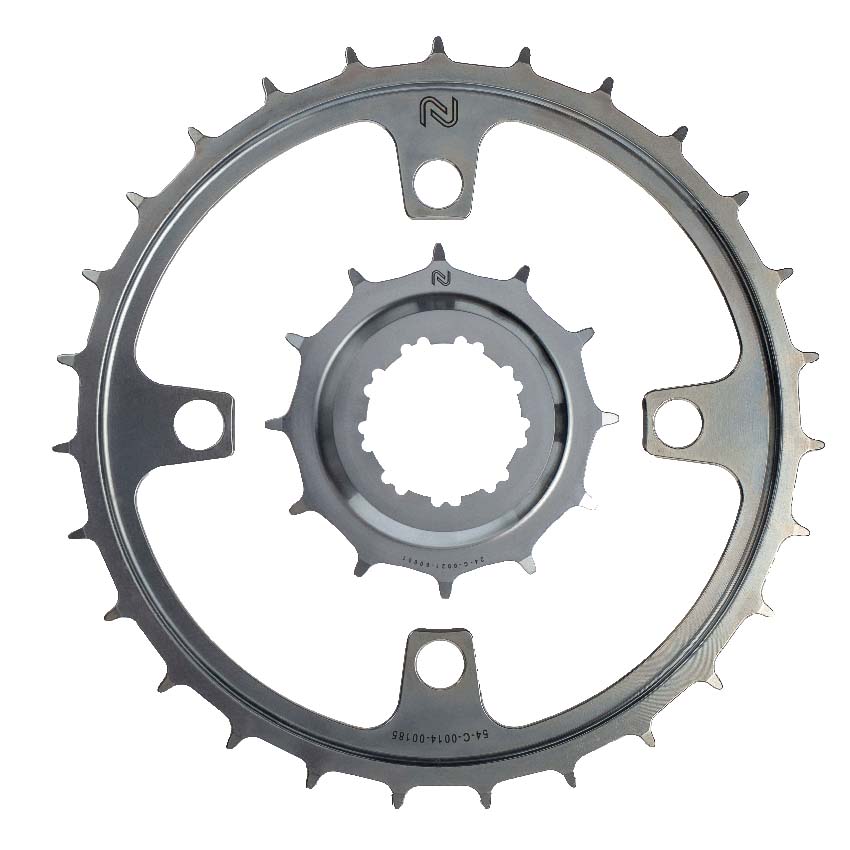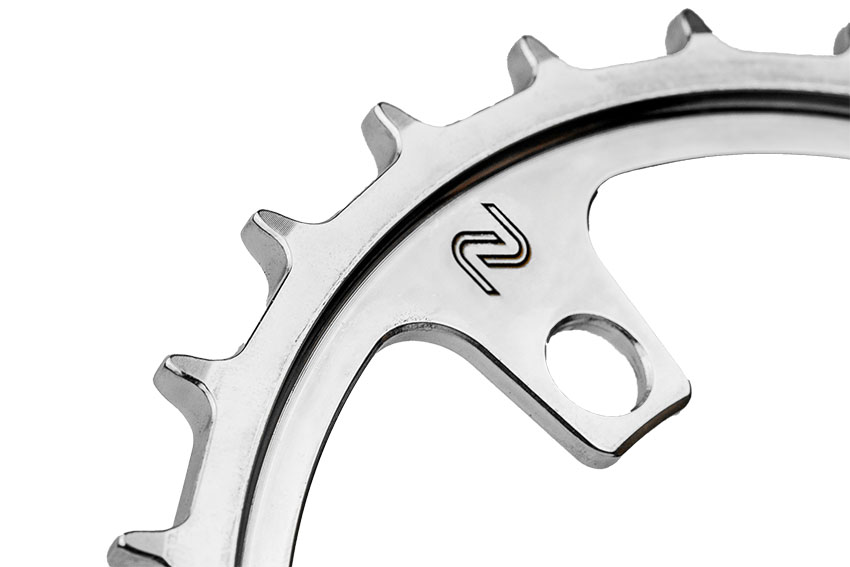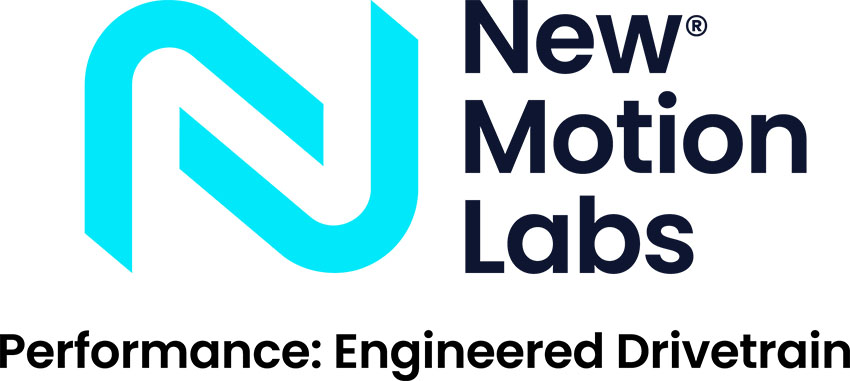New Motion Labs (NML) are a dedicated team of entrepreneurs, engineers and experts that develop and manufacture the world’s best drivetrain technologies.
By 2025, the company will be a world-leading motion technology laboratory, developing and enabling impactful new technologies within the mechanical sector.
We all know that the world is facing great challenges and that new breakthrough technologies and business models are needed to meet them.
Interview with Travis Bramley, Sustainability Ambassador for New Motion Labs.
Easy Engineering: How do you see sustainability and what are your efforts in this direction?
Travis Bramley: Sustainability should be woven into every decision we make across our lives, & business is no exception to that rule. We’d be misguided if we said that is currently true at NML, but we are certainly taking steps towards this. In terms of carbon emissions, it is extremely difficult to improve if you don’t know where you’re starting from. With that in mind, we are in the process of calculating our annual footprint to allow us to identify hotspots in our operations.
We are also engaged with Shift Cycling Culture, an organisation whose goal is to make the cycling industry more sustainable, circular, & ecologically conscious. We are huge advocates of their work & are excited to continue learning more from the organisation & other like-minded companies who share this aim.
E.E: Tell us about the sustainable solutions that you offer (if any).
T.B: We are very aware of the fantastic work being done by many of our clients in transforming the way we move around our towns & cities. At New Motion Labs, our Enduo™ Cargo & Enduo™ Ride products support the rapidly expanding last-mile delivery sector, extending the lifetime of their drivetrains by 3.5x. The drivetrain is often the limiting factor when it comes to cargo bikes as components stretch, snap and break far more easily under the intense strain of a cargo motor. A study by the European Cyclists’ Federation showed that electric cargo bikes emit just 16g of CO2 per km. Compare that with a diesel van which emits 184g of CO2 per km and it’s easy to see the potential of cargo bikes in our cities & beyond.

Enduo™ enables cargo and eBikes to operate more efficiently, with less time & money spent on maintenance & more time spent out on the streets replacing ‘traditional’ delivery vehicles. A 3.5x lifetime extension means less downtime, less maintenance & a lower turnover of parts. All our products are fully recyclable, being made from steel or aluminium & all packaging is plastic-free.
E.E: Do you offer solutions for reinvigorating old equipment with new solutions?
T.B: Our Enduo™ drivetrain products breathe new life into an old drivetrain & whilst we can’t refurbish the existing components, we can help unleash the full potential of an electric or cargo bike; particularly the latter with their high-torque motors. We have had clients explain they’ve have had to limit or reduce the load on their cargo bikes over concerns the drivetrain wouldn’t withstand the strain placed upon it. With Enduo™ Cargo, this is a concern of the past.
E.E: Tell us about sustainability in production & distribution.
T.B: Naturally, a large percentage of our customers can be found in the EU currently. To cut down on distribution distance, we have ensured all our products are made within the same region; currently manufacturing in Poland & the Czech Republic, whilst our distribution centre can be found in the Netherlands.
E.E: Tell us about R&D and innovation.
T.B: Enduo™ as a concept was somewhat born out of sustainability. It’s usage on a bike enables that vehicle to travel further & longer without the need for maintenance or a new drivetrain. This means fewer chains, fewer chainrings & fewer sprockets are needed over time when a customer equips their bike/s with Enduo™. This reduction in material has been a driving force behind our R&D & is one of the main selling points of the product. We have also carried out thorough testing to ensure we use the optimal amount of material in our products & there is minimal wastage.

E.E: What is the company strategy to reduce environmental impact?
T.B: Our company sustainability strategy is steadily evolving. We are forming a working group amongst employees to share ideas, highlight issues & understand where we can do better. Current initiatives include cycle to work incentives & as mentioned above, removing all single-use plastic from our packaging. Once we have calculated our footprint, we will be in a far better position to understand the areas upon which we can improve on.
E.E: Tell us about preserving resources and driving circularity.
T.B: Circularity needs to become the new normal. The cycling industry has a long way to go in achieving circularity & can learn a huge deal from others, such as the clothing & automotive industries. With the correct disposal, Enduo™ is by nature a circular product. Easily recyclable at most industrial facilities across the world & made of materials which are endlessly recyclable & do not suffer a reduction in quality each time they go through this process. We will be working on end-of-life messaging to increase the likelihood of correct disposal, but selling the same product across many different countries means correct waste disposal in one area may be very different to another.
E.E: How do you drive focus on sustainability of operations?
T.B: This is the area that we believe the most work will need to be done. This is somewhat reliant upon a gut instinct, given we haven’t yet calculated our footprint but thanks to the already environmentally friendly nature of our product itself, we envisage our operations to be an area of improvement. It is also arguably the most challenging to change because the emphasis is so often on getting things done as fast as possible for a cost which is still going to produce the margins needed for financial success. That said, we don’t anticipate our footprint to be large in any area, since many decisions have already been made with sustainability embedded to some degree. We are under no illusions that New Motion Labs is going to grow fast. Our responsibility is to ensure that growth is done with sustainability at its core & ensure our operations align with our values. Again, our working group on sustainability will be a key pillar in ensuring we have buy-in from across the company & understand the perspectives of different departments.

E.E: Tell us about sustainable energy solutions used.
T.B: We are a predominantly remote-working company, with employees from eight nations & across three continents. As such, we will provide employees with information on how to reduce their energy usage at home & encourage the use of a renewable energy supplier. We are also mindful of our internet usage & encourage the use of MS Teams messages in favour of emails, as well as using a pre-set background whilst on MS Teams; shown by one study to reduce emissions by up to 96% when compared with a physical background. Both of our office spaces, in the UK & Germany, are shared workspaces, allowing us to share the energy overheads with many different companies. As for our manufacturing suppliers, we are yet to have this conversation with them regarding sustainable energy solutions, but this will be a priority in the months ahead.
E.E: How do you see sustainability in the future?
T.B: First & foremost, we envisage a future where sustainability is no longer something which must be considered or fought for within any organisation. It is something which is embedded into every decision, as important as the financial implications of a decision. Of course, with legislation, finance and sustainability will likely become more intertwined than we might expect. Organisations taking a responsible stance on carbon emissions and other related issues, such as plastic usage, will hopefully be rewarded through favourable taxes, subsidies, and other incentives. Of course, the reverse should be true & is arguably even more important to bring the worst polluters into line. Sustainability needs a greater focus on accountability. Not finger pointing and passing the blame, but accountability, encouragement, & education. Only then can we move forward as a collective.


